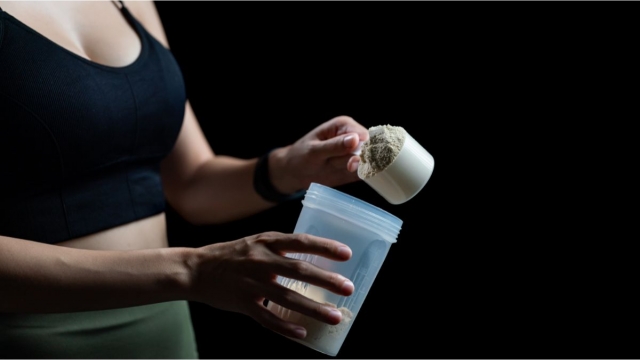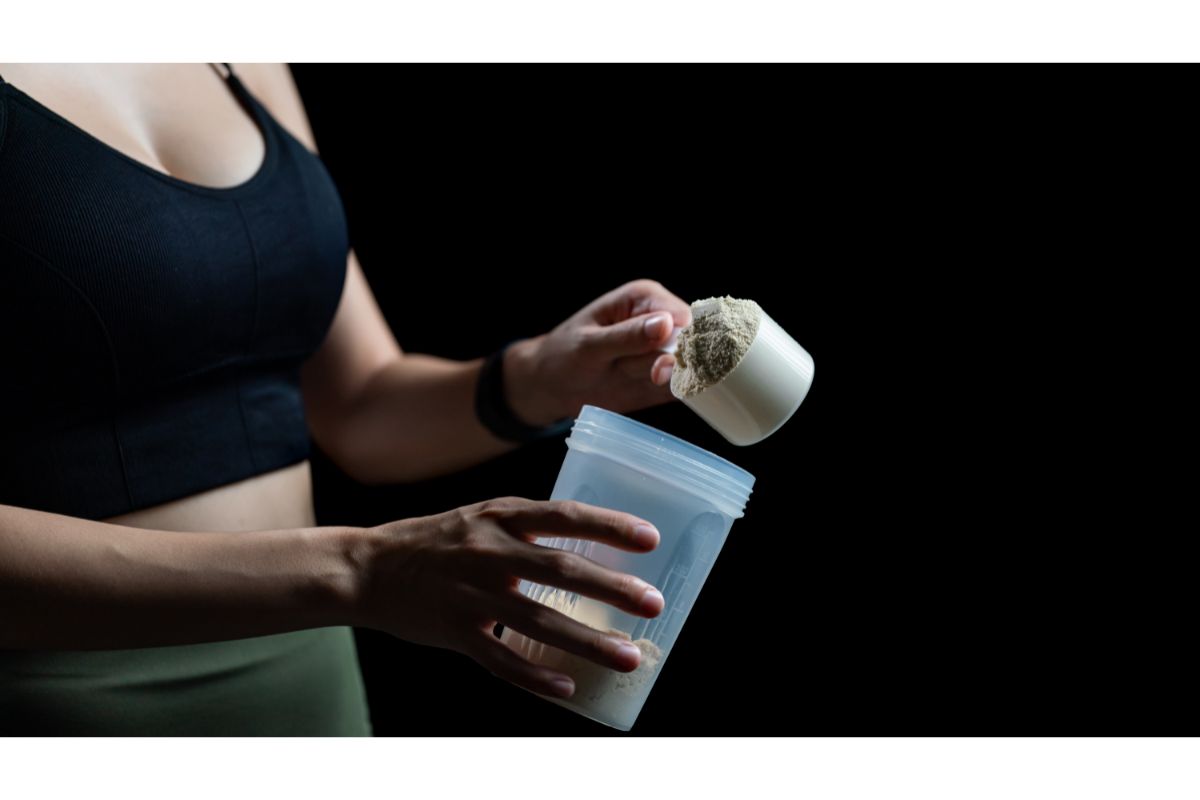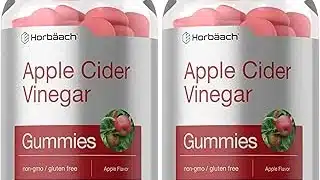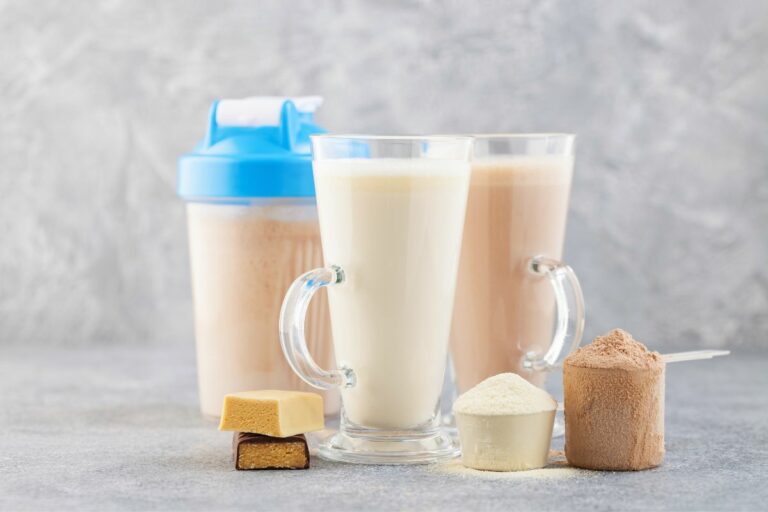The Science Behind Protein Shakes: How Do They Work?
Protein shakes are scientifically designed to support muscle growth, aid recovery, boost metabolism, and enhance overall health by providing a concentrated source of high-quality protein.
Key Takeaway
- Muscle Growth and Repair: Protein shakes provide essential amino acids necessary for muscle repair and growth, especially after intense workouts.
- Quick Absorption: Their fast absorption rate makes them ideal for post-workout consumption, delivering nutrients when the body needs them most.
- Weight Management: Protein shakes promote satiety and help preserve lean muscle mass, aiding in effective weight management.
- Metabolism Boost: The thermogenic effect of protein increases metabolism, helping the body burn more calories during digestion.

Fitness fans and athletes are increasingly turning to protein shakes as a quick and efficient way to boost their protein intake.
Protein shakes have probably come across your radar, whether you are a bodybuilder trying to add muscle mass or a regular gym goer hoping to improve your workout recovery.
Have you ever thought about how these shakes actually function, though? What research has been done on protein powder?
How exactly do they impact your body? In this article, we will examine the science behind protein shakes and consider how they affect both physical fitness and muscle recovery.
How Do Protein Shakes Work?
Protein shakes are drinks designed to offer a concentrated protein dose in a convenient and simple-to-consume form.
They typically include protein powder blended with liquids like water, milk, or other ingredients.
Whey, casein, soy, or plant-based proteins like pea or rice protein are just a few of the protein powders that can be used in these shakes.
The Ingredients Of Protein Shakes
Protein shakes frequently include extras like carbohydrates, fats, vitamins, and minerals in addition to protein.
Depending on the particular product and its intended use, these auxiliary elements may vary.
Some protein shakes designed for post-workout recovery, for example, may include carbohydrates to replenish glycogen stores, whereas others designed for weight loss may include fiber to promote satiety.
The Science Of Muscle Recovery
To understand how protein shakes help with muscle recovery, you must first understand the science of muscle repair and growth.
When you engage in strenuous physical activity, such as weightlifting or endurance training, your muscle fibers sustain microscopic damage.
This damage causes the body to repair and rebuild the damaged muscle tissue, a process known as muscle protein synthesis (MPS).
How Do Protein Shakes Help in Muscle Recovery?
Due to their capacity to offer an easily accessible source of amino acids, protein shakes are a preferred option for muscle recovery.
The building blocks of proteins, amino acids are essential for muscle growth and repair.
Leucine, isoleucine, and valine are just a few of the essential amino acids that can be found in protein shakes, especially those made with high-quality proteins like whey.
The amino acids in a protein shake that you drink after working out are quickly absorbed by the body.
This influx of amino acids promotes muscle protein synthesis, which aids in muscle fiber growth and repair.
Studies have demonstrated that consuming protein soon after exercise can improve muscle recovery, lessen soreness, and encourage muscle hypertrophy.
The Science Of Amino Acids In Protein Shakes
Leucine is one of the various amino acids that is particularly significant when it comes to the synthesis of muscle protein.
As a branched-chain amino acid (BCAA), leucine is well known for its capacity to stimulate the mTOR (mechanistic target of rapamycin) pathway.
Leucine serves as a critical signal to start the process, which is a crucial part of the pathway’s regulation of muscle protein synthesis.
Leucine is prevalent in protein shakes, especially those made with whey protein.
Whey protein is a superior choice for fostering muscle recovery because it has a higher leucine content than other protein sources.
Whey protein’s high leucine content stimulates the mTOR pathway, which maximizes the muscle-building response and promotes effective muscle repair.

Other Ingredients In Protein Shakes And The Science Behind Them
It’s worth noting that protein and amino acids are not the only things found in protein shakes.
Modern variations of these products often include other ingredients that assist in workouts, recovery, and a person’s overall well-being.
In this section, we’re going to outline a few of the other ingredients in protein shakes and outline the science behind why they are important for you and your personal progression.
Vitamins And Minerals
Vitamins and minerals are frequently added to protein shakes to support general health and well-being.
These nutrients can fill in any nutritional gaps in the diet because they are crucial for many bodily processes.
It is crucial to keep in mind, though, that these extra vitamins and minerals should not be used as a substitute for a balanced diet full of whole foods.
Digestive Enzymes
Digestive enzymes like proteases, which aid in the breakdown of proteins into smaller peptides and amino acids, may be present in some protein shakes.
The inclusion of these enzymes is justified in order to improve protein absorption and digestion.
While the effectiveness of digestive enzymes in protein shakes is still up for debate, those who have digestive problems or have trouble effectively digesting protein may find them helpful.
Creatine
Small amounts of the naturally occurring compound creatine can be found in animal products. It is essential for supplying energy for strenuous exercise.
Creatine has been shown to improve muscle strength, power, and exercise performance in activities like weightlifting and sprinting, so some protein shakes contain it.
As a result, it can be an important addition to the diet of a person looking to get an edge in terms of performance.
BCAAs
Leucine, isoleucine, and valine are among the essential amino acids known as branched-chain amino acids (BCAAs), which are frequently added to protein shakes.
Some of these have been discussed in the sections above, but let us look more closely at what they do.
According to popular belief, BCAAs help to increase muscle protein synthesis, lessen muscle protein breakdown, and lessen soreness.
It is important to remember that adding BCAAs to protein shakes might not be necessary if the protein source already has enough of these amino acids in it.
Final Thoughts
So that was our short guide on the science behind protein shakes, delving into some of their most common ingredients and explaining why they are important.
Protein shakes can be a terrific addition to your diet, especially if you’re looking for a way to supplement protein.
Explore Also:
Creativehouseblog
Dietsheriff
Gigasecurehome
If you still have some questions, keep reading for a quick FAQ section.
Frequently Asked Questions
What Is A Good Amount Of Protein To Consume After A Workout?
This depends on personal factors including your activity level, goals, and current body weight.
We’d suggest that you consume anywhere from 20-30 grams of protein within an hour of your workout to help your muscle recovery, but this could be too much or too little depending on the factors we mentioned.
It sometimes takes a while to learn the amount of protein that you need to help you with your goals.
Are Protein Shakes Safe?
If you consume them in moderation, as part of a well-balanced diet, then protein shakes are safe for most people.
You should consider any individual factors before committing to them, and pay careful attention to your body to work out if they’re the right product for you.
Is It Okay To Replace Meals With Protein Shakes?
Generally speaking, you should aim to eat meals regularly, and you shouldn’t skip them in place of protein shakes.
That said, they can be a good choice if you need extra nutrients or supplemental protein during a busy work schedule.
Other Articles To Read
Protein Shakes For Women: Addressing Common Misconceptions – Protein shakes are a great way to build muscle – but are the concerns women have about them true? We took a closer look at all you need to know.
Which Shake Is The Best For Weight Loss? Weight Loss Shakes Explained – A shake can suppress your appetite with fewer calories. Here’s all you need to know about which shake is the best for weight loss – weight-loss shakes explained
10 Best Iconic Protein Shakes To Keep Fit – If you have wondered which iconic protein shakes are best suited to keeping you fit. You need to read this article! Cover exactly that and more.






